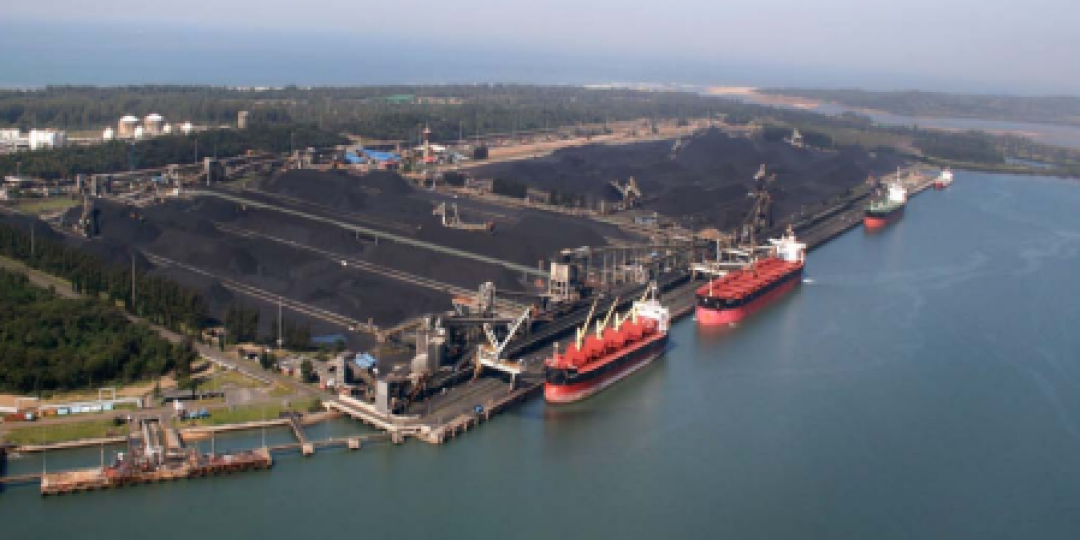The Port of Richards Bay has reduced the number of trucks handled daily as implementation of the truck booking system gains momentum, but some trucks are parking on the N2 as they await their slots.
Transnet Port Terminals (TPT) said in a statement this week that the port had reduced the number of trucks entering the port, from an average of 1 500 trucks to 700 trucks per day, as the truck booking system and stringent controls discourage unannounced truck calls.
However, TPT said this means trucks without a slot must park outside the port and wait for their turn, sometimes on the N2.
TPT said that because of the reduction in rail capacity into Richards Bay Coal Terminal (RBCT), which was designed to receive cargo by rail only, and the fires that damaged its conveyor belts that were servicing ArcelorMittal South Africa (AMSA), Foskor and Grindrod, trucks traffic had increased significantly.
In peak times 1 500 trucks have headed into the port every day.
The global price of coal has exacerbated the situation, with coal exports increasing from 4.7 million in 2021/22 to 11.7 million tons in 2022/23 at the multi-purpose terminal (MPT).
In addition, privately owned back-of-port (BoP) operations handling coal have been set up closer to the port for easy access, resulting in truck traffic on the N2 between Richards Bay and Nseleni.
The managing executive for Richards Bay Terminals, Thula Dlamini, said it’s been easy for the public to believe that all the trucks on the N2 are destined for the terminals for offloading.
“Over 50% of the trucks on the N2 are destined for BoP facilities to replenish BoP stockpiles. This is called pre-assembly and is meant to bring cargo closer to the port,” Dlamini said.
“The cargo pre-assembled at these facilities is later collected by trucks and shuttled into the Dry Bulk Terminal and MPT to replenish stockpiles within the terminal for vessel operations.
“The shuttles to and from the terminal negatively impact fluidity on the roads in and around the port terminal,” he said.
Also, in October 2021 a fire occurred at the port, damaging eleven conveyor belts. This incident affected the routes that transport export coal from Navitrade (RBTG), sulphur from vessels to Foskor, and coking coal from vessels to storage as well as to the loading of rail wagons (AMSA).
This incident compelled harbour-bound industries to transport their commodities to and from the terminal via road transport.
TPT said progress on returning the belts back to service had not been fast enough due to procurement challenges. However, a contract for the repairs of the RBTG route has now been awarded, with completion expected by December 31.
The tender for the repairs of the AMSA route is out on the market and closing tomorrow, August 11. It is planned to be completed in April 2024.
“The tender for the Foskor route repairs will be out on the market in September 2023. This will significantly reduce the number of trucks accessing the port, and by extension reduce the damage to port road infrastructure,” TPT said.
In July, the terminal halted operations following a notice to comply with the clearing of waste that had accumulated inside the port’s premises over the past 10 years.
The notice was lifted within 24 hours when the port resolved the immediate high-risk issues with a schedule to address the backlog over time.
“Removal of waste cargo at the terminals is underway following the appointment of a waste management contractor three weeks ago,” TPT said.













